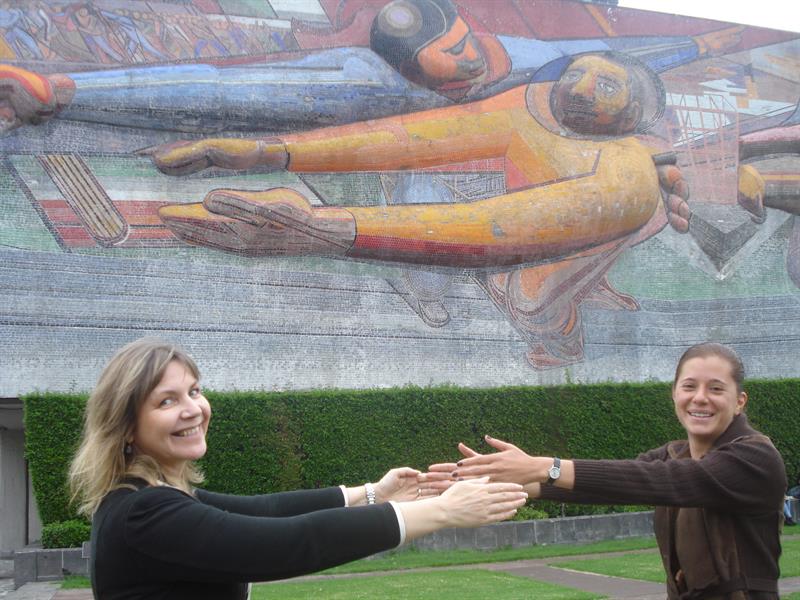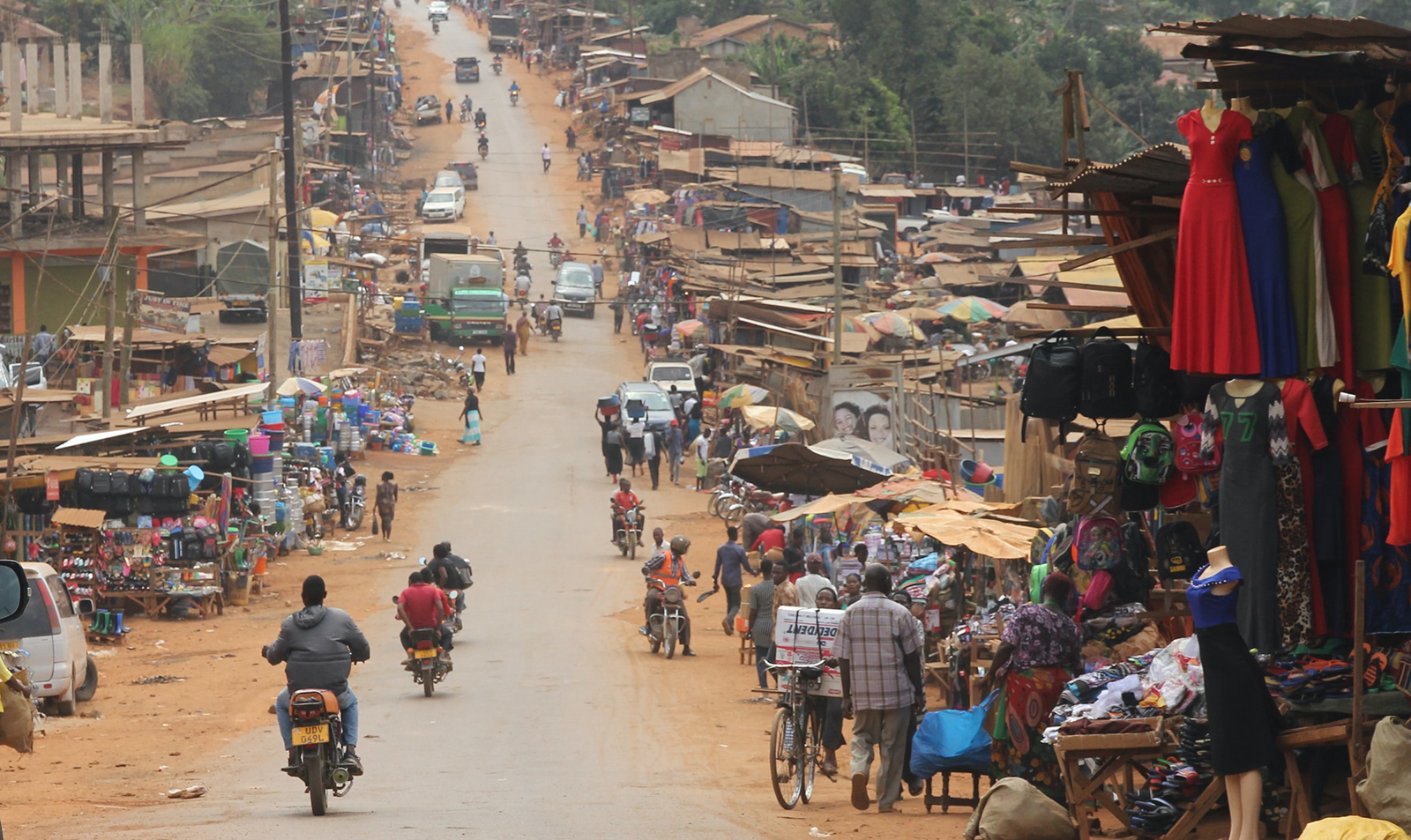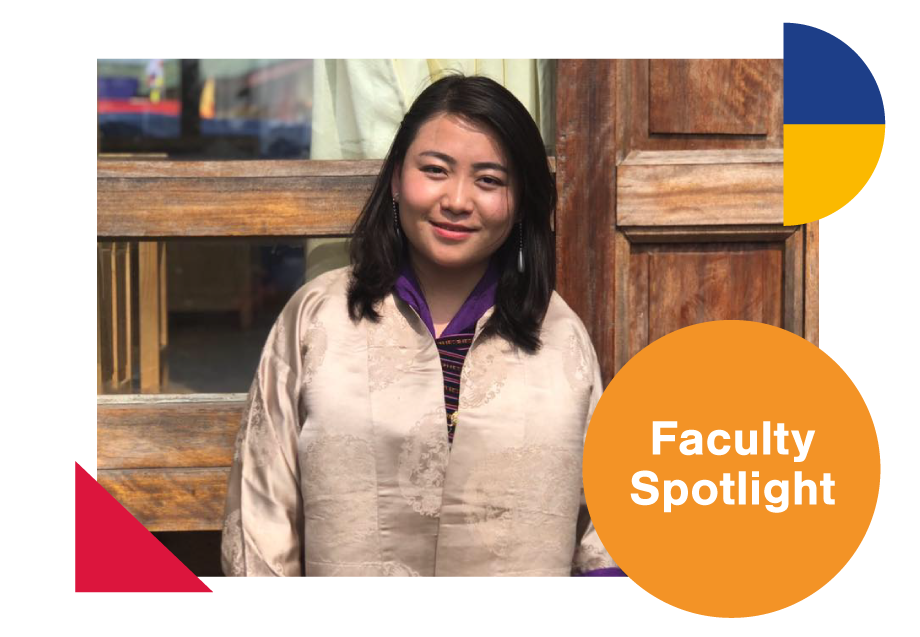Researcher Susu Nousala talks about project based learning and Aalto LAB Mexico.
Susu Nousala (PhD) is a Social Complex Adaptive Systems scientist. She works as a researcher in the research group NODUS (sustainable design research group) and in Creative Sustainability at the Department of Design at Aalto University School of Arts, Design and Architecture.
Her key research areas are social complex adaptive systems and applied project-based learning. In particular, she is interested in areas involving societal impact like sustainable governance and business innovations.
We talked to Susu while she was in Mexico City waiting for Aalto University students to arrive and to start the fieldwork component of the 2013 course for Aalto LAB Mexico with her Mexican colleagues and partners.
1. Susu, you’re a Social Complex Adaptive Systems scientist, what does that mean?
The description refers to my research interests, PhD work and academic work in general. One of my approaches as a Social Complex Adaptive Systems scientist is to look at communities of practice and how they work in the field. With communities we mean any collective of group of people who necessarily don’t even always realize that they form a group. However quite often people subconsciously do realize that they share common approaches and elements of behaviour, or ways of being.
2. What is project based learning?
The approach so far has been to view project based learning as a learning method and has been referred to “learning by doing “. A project is seen as a way how knowledge is being transferred; it gives people a way to clarify what they’re doing and define the necessary activities. In project based learning, learning cycles can often quite be longitudinal and in-depth, requiring a more comprehensive approach than in ordinary classroom situations. It is multi-layered by definition, you try, test, learn and try again. It is often a fast way to learn more complex situations, since while focusing on the project you tend to pick up things subconsciously.
3. Why is your research area relevant?
I think that the time we’re living in and the challenges of 21st century demand multi-disciplinary and multi-layered thinking and learning. Linear systems or learning concepts on a paper aren’t simply enough. We need to prepare people for how and why complex systems work the way they do and the whole learning experience becomes completely different when we apply these things into practise.
4. You’re also interested in innovative disruptions – when do they occur?
Generally speaking we can say that innovative disruptions occur when external pressure forces people to find new and better for ways of doing and being.
Some times innovative disruptions are so huge that they become paradigm shifts. For example, that is what happened after the innovation of movable type printing by Johannes Gutenburg, creating greater access of the same information for many people at one time, information that had previously been restricted. Not unlike some social media today…
In my opinion we’re living on the edge of a new paradigm shift. We can’t rely on economics, technology or social science as we’ve known them. The environmental pressure, social inequality and new emergent kinds of connections are forcing us to new kinds of thinking and innovation. What we do in our course is actually training people to understand the new landscape that is unfolding and become map-readers of the 21st century.
5. You’re in Mexico right now – why?
Last year in June I started to collaborate with my colleague Claudio Garduno from Mexico. We noticed that our research interests fitted very well together and we decided to try to develop a new model, for a living lab educational platform. The goal was to focus on teaching people how they can learn and make sense about the new social/economic/environmental landscape they’re living in. This is now our second year of running the course.
Our course takes place in the context of Aalto LAB which is an exchange programme uniting inpiduals from different universities, companies, societies and cities to work together on societal issues. For Aalto LAB Mexico Aalto University is collaboration with Tecnológico de Monterrey Campus Ciudad de México (Technological Institute of Monterrey, Mexico City Campus), and Universidad Nacional Autónoma de México (National Autonomous University of Mexico).
In general, Aalto LABs are exchanges focusing on how to make the world a better place to live. The intents are to unite universities, companies, society and cities to work together on societal issues. Our main values are sustainability, lifelong learning and the sharing of culture on multiple levels. The aim is to create a real impact with a focus on a specific theme.
In our understanding meaningful, long-term exchanges respect the past, present and future. Our working methods are following:
•longitudinal approaches for appropriate impact
•creating a deep understanding of a foreign cultures
•building life-long learning through relations between people
•working in multidisciplinary teams
•thinking big through changing mindsets
•creating new methodological approaches and tools for teachers and students to use in the future.
You can read more about our last field trip to Mexico at
http://acs.aalto.fi/2013/aalto-lab-mexico-2013-fieldtrip-report/
6. Tell us about the place you’re right now – what do you see through your window?
Right now I find myself in Mexico City. Despite the sunshine the weather is unusually cold for this time of the year. I’m staying in a house of my colleague and if I look out from the window I see a garden. Otherwise I’m surrounded by a typically urban environment, in a city of 20 million people. Next week however, we’ll have a complete change of scenery. We’ll be heading to jungle, to the community “20 de Noviembre” in Calakmul, and I am looking forward to it!
This post was written by AGI



